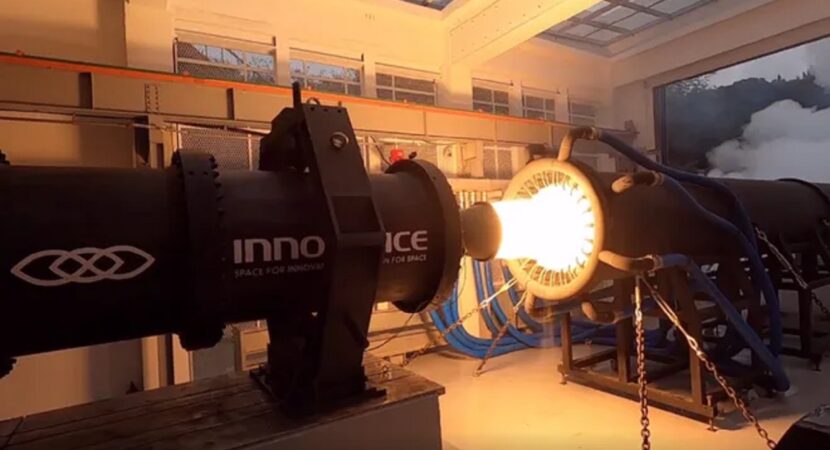
South Korean startup, Innospace, has announced its plans to make the first launch of its rocket from Alcantara Base. The company's rocket will feature technologies developed by the FAB.
South Korean aerospace startup Innospace plans to conduct its first suborbital launch in December 2022 from the launch center of the Alcântara Base, located in Maranhão. The launch will serve as a test run for a single-stage rocket that is about 16,3 meters tall, which has been named HANBIT-TLV. The rocket will serve as a development platform for the startup's commercial satellite launcher, which is called the HANBIT-Nano. This launcher is designed to carry a payload platform weighing up to 50 kg into a polar orbit, that is, one that crosses the planet's poles, at an altitude of approximately 500 km.
Understand how the rocket that will be launched at the Alcântara Base works
The startup's two rockets have a first stage with a hybrid engine of 15 tons, which is powered by paraffin and liquid oxygen. In addition, the upper stage of the rocket that will be launched in Alcântara Base it has a 3 ton hybrid engine. According to startup spokesman Kim Jung-hee, if the launch is successful, the company will begin preparing for testing with the Hanbit-Nano.
The test rocket launched at the Alcântara Base will carry an inertial navigation system (SISNAV) developed by Department of Aerospace Science and Technology (DCTA) of the Brazilian Air Force (FAB). The technology relies on a computer, rotation sensors to determine the position, speed and orientation of an object without an external reference and motion sensors.
However, according to the startup's spokesperson, the cargo will not be released into space. Jung-hee also stated that the country made the Alcântara Base Launch Center available for the startup to carry out its flights from there. In exchange, the Brazilian Air Force will send its payload. It is worth mentioning that, in May, the South Korean startup announced its plans to carry out up to 20 launches from Brazil.
Alcântara base will receive improvements in its space activities
A proposal filed this week at the General Secretariat of the Bureau (SGM) of the Chamber of Deputies, aims to generate advances in Brazilian space activities, and will mainly include the Alcântara Launch Center (CLA).
A General Law of Space Activities will be instituted through Bill 1006/2022, authored by Deputy Pedro Lucas Fernandes. According to the deputy, the objective of the proposal is to establish norms with international standards to develop the sector, bearing in mind that, with general norms, there is the possibility of guaranteeing more legal security for the sector and thus, making it more attractive to private sector investments.
According to the parliamentarian, there are infralegal norms that govern space activities, that is, that were developed by the executive branch, but were not debated in the National Congress.
About Innospace
Innospace is a space company that develops and provides launch services for small satellite launchers with hybrid rocket technologies. These technologies, which are independently developed, enable cost innovation and reduce launch latency.
The company develops the best technology with the best specialists to provide the ideal launch service that quickly transports small satellites into orbit.
Innospace aims to drive future innovations in the launch market with low-cost, rapid-launch technologies. In addition, the company plans to develop its own next-generation space mobility platform, which could contribute to the development of a new outer space for a sustainable world.


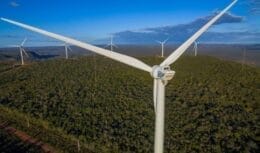





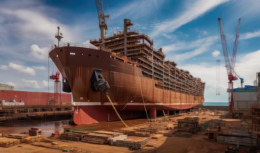

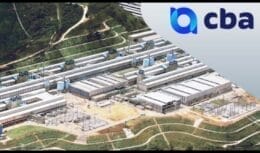

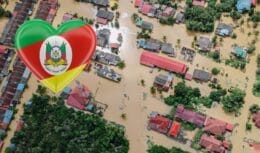
I'm just a gem miner and I have…
It’s going to be a very expensive car, just like…
Santa Inês MA
Everything that has value is of no interest…
The deception towards the consumer is regrettable…
It could have been Lula's but it wasn't...
Lol those were his drug planes…
I worked at Cbmm and it’s already…